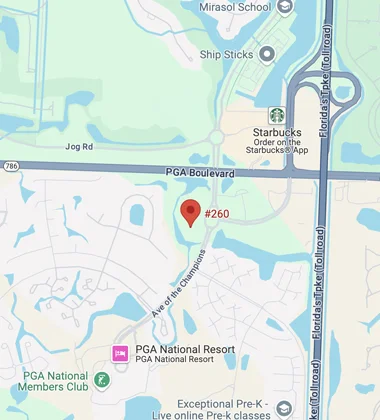Remedies Under The ADA For Failure To Accommodate In Public Accommodations

The Americans with Disabilities Act (ADA) was enacted in 1990 to ensure that individuals with disabilities are protected from discrimination and afforded equal opportunities in employment, public accommodations, transportation, and other areas of life. Under Title III of the ADA, businesses and other entities that provide goods and services to the public are required to provide reasonable accommodations to individuals with disabilities to ensure they have full and equal access.
If a business or other entity fails to provide reasonable accommodations to a person with a disability, there are remedies available under Title III of the ADA. This blog post will discuss the available remedies.
- Injunctive Relief
The first remedy available under Title III is injunctive relief, which is an order from a court that requires the business or entity to take specific actions to come into compliance with the ADA. For example, a court could order a business to install a wheelchair ramp, widen doorways, or make other physical modifications to ensure that individuals with disabilities have full and equal access to its facilities.
- Compensatory Damages
Compensatory damages are also available under Title III of the ADA. These damages are solely meant to compensate the individual with a disability for any harm they suffered as a result of the business or entity’s failure to provide reasonable accommodations. Compensatory damages can include expenses related to medical treatment, lost wages, and other costs caused by the discrimination.
- Attorney’s Fees
If a person with a disability prevails in a lawsuit under Title III of the ADA, they may also be entitled to recover their attorney’s fees. This provision helps to ensure that individuals with disabilities have access to legal representation to fight against discrimination.
- Civil Penalties
In addition to injunctive relief, compensatory damages, and attorney’s fees, businesses or entities that violate the ADA may also be subject to civil penalties. These penalties can range from $55,000 for a first-time violation to $110,000 for subsequent violations.
It is important to note that the remedies available under Title III of the ADA are designed to make individuals with disabilities whole and to ensure that businesses and other entities comply with the ADA and provide full and equal access to individuals with disabilities. Therefore, if you believe that you have been discriminated against due to a lack of reasonable accommodations, you should consult with an attorney to discuss your options for pursuing a claim under Title III of the ADA.

